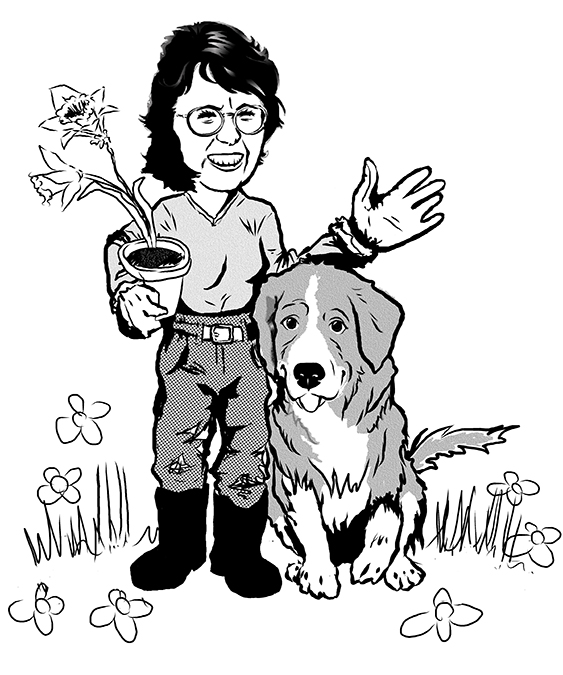by Leslie Cox; Friday, November 23, 2012
I am worried about our seeds. The seeds we buy from seed companies. All is not perhaps as it appears at face value anymore.
Since the introduction of GM (genetically modified) crops in the 1980s there has been an intense interest by a few corporations to gain global control of agriculture…and ultimately control over the world’s food supply.
Six corporations – Monsanto, Syngenta, Dow, Bayer, DuPont and BASF – have been buying up seed companies and forming partnerships with others since the mid 1990s. Monsanto alone acquired over 50 seed companies between 1996 and 2008, and combined with its other acquisitions, is now the largest seed company in the world…controlling eighty percent of all the seeds. The other five companies collectively own, or control, almost all of the remaining major seed companies.
That is not a problem, you say? You buy your seeds from a small reputable local seed company. Well, good for you for supporting locally! But perhaps you should look a little deeper.
Many small, and not so small, seed companies rely on someone else to supply at least a portion of their seed inventory. This means farmers and gardeners collect seed and sell it to your seed company. This is good. This is a sustainable industry offering diversity that is eventually reflected in their seed catalogue to the home gardeners who do not have the space, or the time, to save their own seeds.
However, the seed companies do acquire other seed varieties that must be sourced from further afield in order to round out their inventory. And some of these may well come from one of the Big Six.
This is where the Safe Seed Pledge came in. Many seed companies have signed this Pledge as a guarantee to their customers that they do not carry any GE (genetically engineered) or GM (genetically modified) seeds. These seed companies want their customers to know they do not participate in transgenic crop varieties. That is good.
However, the Big Six…through their seed company acquisitions…also carry open-pollinated and hybrid seed varieties. And they are slapping full patents on these varieties…something they have the legal right to do ever since the courts allowed the patenting of the first genome in DNA sequencing.
So what, you ask?
Well…a full patent legally excludes all rights a farmer or home gardener has of saving seeds. As soon as you open a packet of seeds with the Technology Agreement on the back of the packet, you have agreed to their terms.
Gone now is your right to save your own seed from this particular plant you sowed last spring. You want to grow this plant again next season, you have to buy another packet of seeds.
Buy from the same company again and you are adding your pennies in a continuous stream into the corporation’s war chest so it can take you, and other farmers and home gardeners like you, to court if any of you try to secretly save seeds the following autumn.
This is why I am worried about our seeds. Apart from the alarming realization we are losing our rights to save seeds, we are being forcibly tied to big corporations in order to enjoy our rights to grow our own food.
My pennies are precious. We are not affluent people…comfortable, yes, but not affluent. Therefore I like my pennies to count. I abhor the thought that they could be used in any way, shape or form to inflict distress on anyone who is trying to live a better life through their garden.
Stay tuned. The subject of GMOs is not closed yet….
To read my two articles on GMOs published in my Duchess of Dirt column in the Comox Valley Record, click here and here.
